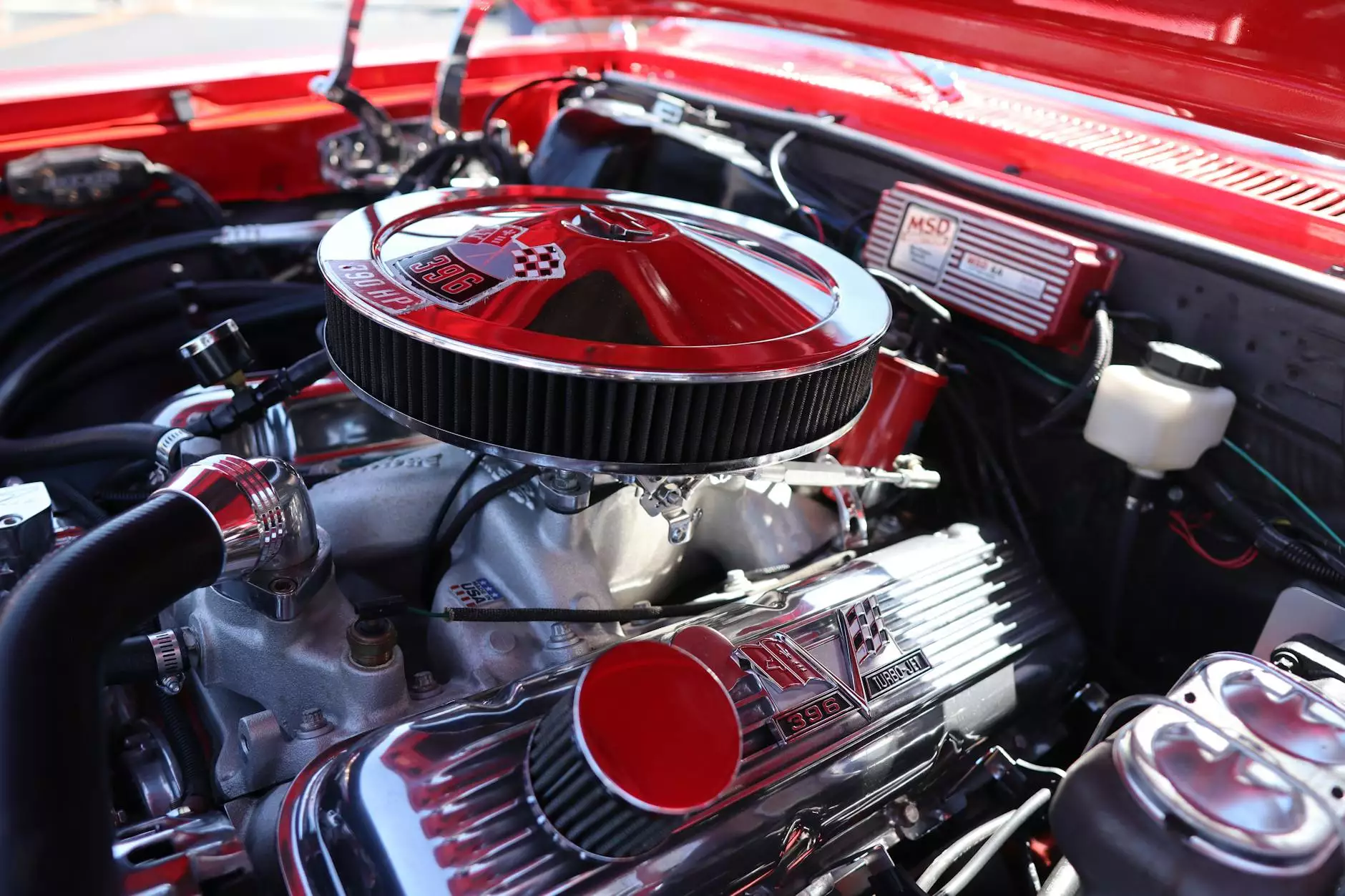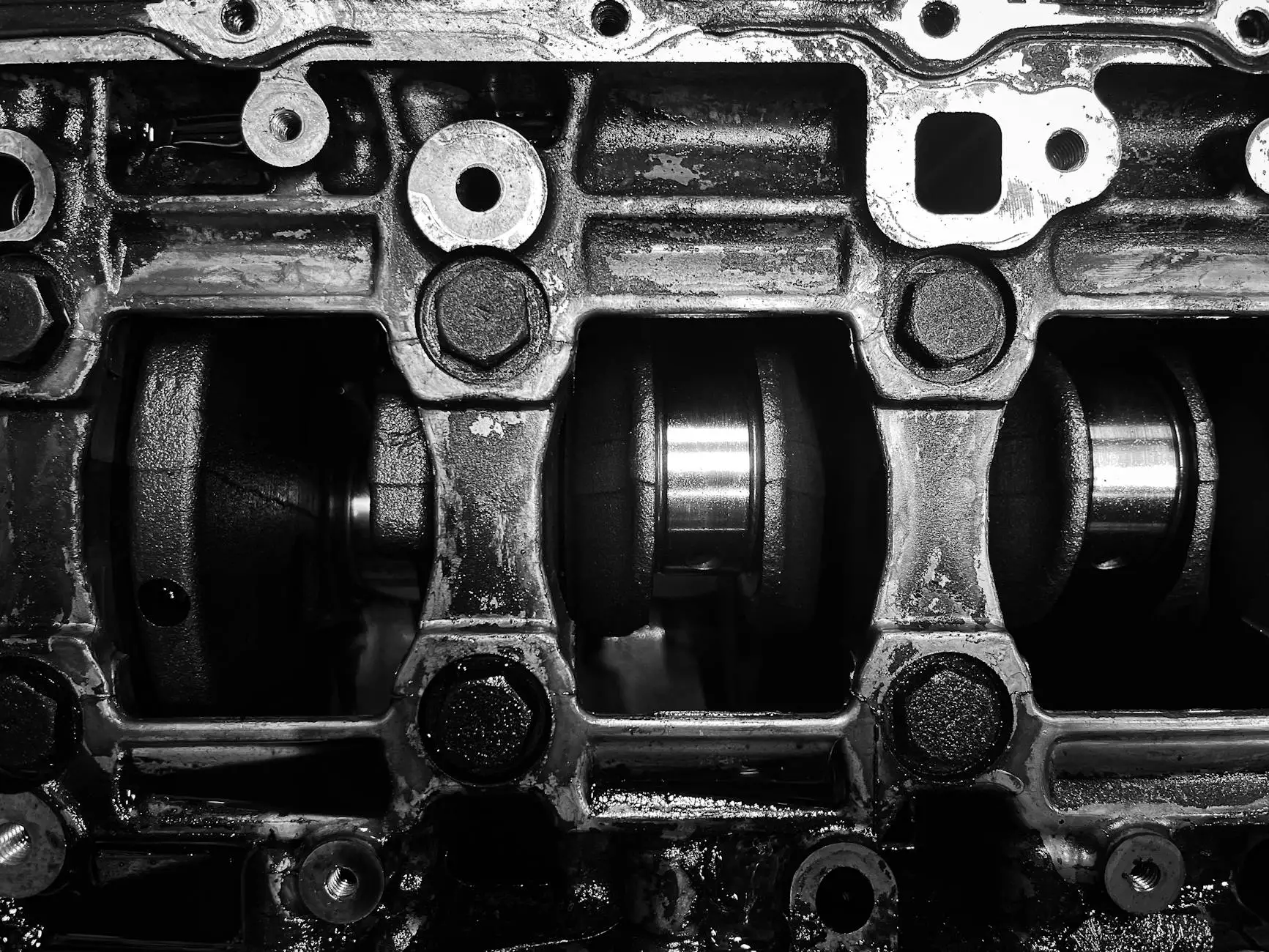Understanding Japanese Auto Parts Providers

In the realm of automotive excellence, Japanese auto parts providers play a pivotal role in ensuring that vehicles perform optimally. This article delves into the significance of these providers, the quality of parts they supply, and the overarching impact they have on the automotive market. Whether you're a car enthusiast, a mechanic, or simply someone interested in the automotive industry, understanding the importance of these parts is vital.
The Rich Heritage of Japanese Automotive Engineering
Japan has long been recognized as a leader in automotive engineering. Brands like Toyota, Honda, Nissan, and Subaru are synonymous with reliability and innovation. The success of these manufacturers can be attributed not only to their cutting-edge vehicle designs but also to the high-quality parts they produce and procure. This legacy sets the foundation for Japanese auto parts providers, who supply essential components that keep vehicles running smoothly.
Why Choose Japanese Auto Parts?
When it comes to replacing parts or enhancing vehicle performance, opting for Japanese auto parts is often the best choice. Here are a few key benefits:
- Quality Assurance: Japanese manufacturers utilize rigorous quality control processes, ensuring that the parts meet high standards of durability and performance.
- Innovative Technology: Japan is known for its technological advancements in the automotive sector, leading to better-engineered vehicle components.
- Compatibility: For vehicles from Japanese manufacturers, using original or OEM (Original Equipment Manufacturer) parts ensures perfect compatibility.
- Performance Enhancement: Many Japanese auto parts are designed to enhance performance, offering aftermarket options that boost speed, handling, and efficiency.
Key Components Offered by Japanese Auto Parts Providers
Japanese auto parts providers offer a wide array of components that are essential for vehicle maintenance and enhancement. Below are some of the most critical parts available:
1. Engine Components
Engine parts such as pistons, valves, and crankshafts are fundamental to a vehicle's operation. High-quality engine components from Japanese auto parts providers ensure efficiency and longevity.
2. Transmission Parts
The transmission is a complex system that deserves careful attention. Japanese providers offer reliable transmission components that allow smooth gear shifts and enhance overall driving experience.
3. Suspension and Steering Systems
Suspension and steering systems are crucial for vehicle handling and comfort. Japanese auto parts ensure that the ride is not only smooth but also safe.
4. Brake Systems
Brakes are perhaps the most critical safety component of a vehicle. Utilizing parts from reputable Japanese manufacturers assures that your brakes perform reliably, which is key to any vehicle's safety.
5. Electrical Systems
From batteries to wiring harnesses, Japanese auto parts providers supply essential electrical components that power vehicles and ensure all electronic systems function seamlessly.
Choosing the Right Japanese Auto Parts Provider
When you decide to invest in Japanese auto parts, selecting the right provider is crucial. Here are several factors to consider:
1. Reputation and Experience
Look for a provider with a solid reputation within the automotive community. Established providers often have better quality control and customer service.
2. Product Range
A reputable Japanese auto parts provider should have a diverse inventory of parts, including both OEM and aftermarket options for various vehicle models.
3. Warranty and Return Policies
Quality providers stand behind their products. Ensure the provider offers a warranty and has reasonable return policies in case of issues.
4. Customer Support
Efficient customer service is essential, especially for troubleshooting or if you need assistance with parts selection.
The Future of Japanese Auto Parts Providers
The landscape of the automotive industry is constantly evolving, driven by technological advancements, environmental regulations, and changing consumer preferences. Japanese auto parts providers are at the forefront of this evolution, adapting to new trends such as electric vehicles (EVs) and hybrid technologies.
As the world shifts toward more sustainable automotive solutions, these providers are likely to expand their offerings to include components that cater to new energy vehicles, ensuring that they remain competitive in a rapidly changing market.
Conclusion: The Value of Japanese Auto Parts Providers
In conclusion, understanding the role of Japanese auto parts providers is pivotal for anyone involved in the automotive field. The reliability, innovation, and quality assurance that accompany parts from these providers ensure your vehicle can achieve optimal performance.
For those looking to maintain or enhance their vehicles, investing in Japanese auto parts is not just a choice—it’s a commitment to quality and performance. As you navigate through the many options available, choose a reputable provider like 1autoparts.com to ensure you’re selecting the best parts for your needs. By doing so, you can confidently keep your vehicle in top condition for years to come.
Frequently Asked Questions (FAQ) about Japanese Auto Parts
1. What are the advantages of using OEM parts?
OEM parts are designed specifically for your vehicle and are produced by the manufacturer. Their primary advantages include better fit, reliability, and warranty assurance, making them a preferred choice for many car owners.
2. Are aftermarket parts reliable?
While some aftermarket parts may offer improved performance, it's essential to choose reputable brands. Always check reviews and ratings to ensure you’re selecting high-quality alternatives.
3. How do I know if a part is compatible with my vehicle?
Use the Vehicle Identification Number (VIN) to verify compatibility. Many online stores, including 1autoparts.com, allow you to enter your VIN to ensure you’re purchasing parts that fit your specific model.
4. What should I do if a part is defective?
If a part is defective, reach out to the supplier you purchased it from. Most quality providers have warranties and return policies in place to assist you in such cases.
5. How can I ensure I’m purchasing quality parts?
Research the provider, read customer reviews, and check for industry certifications. A reputable provider like 1autoparts.com will typically showcase customer testimonials and certifications as proof of their reliability.









